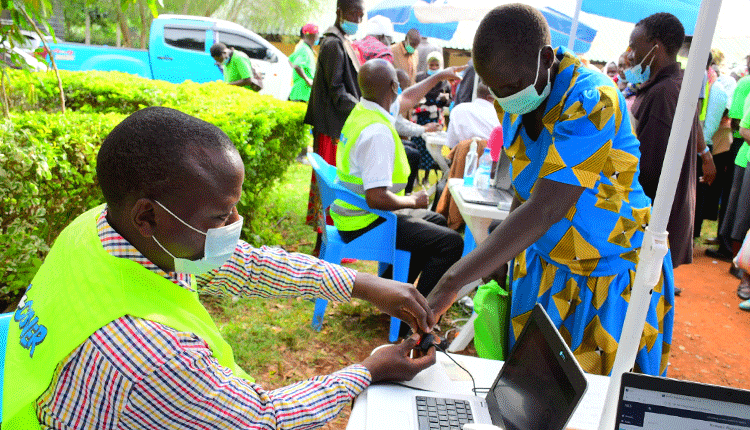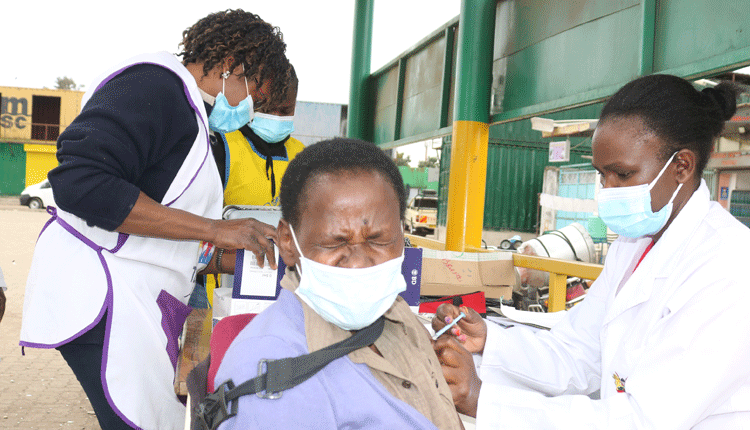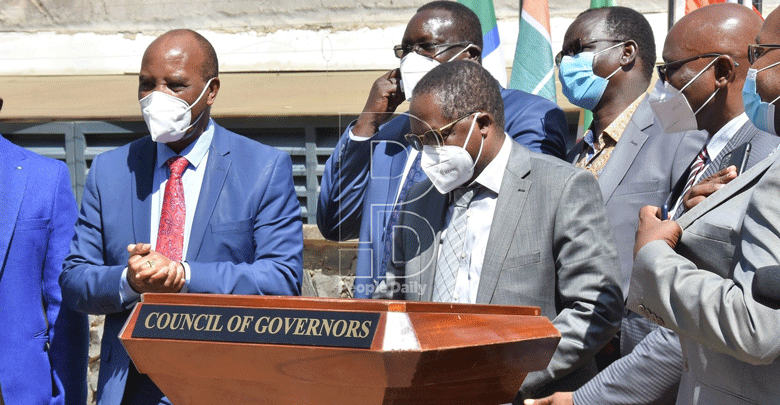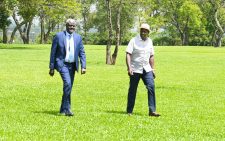Frustration in Mombasa Old Town as Covid-19 bites
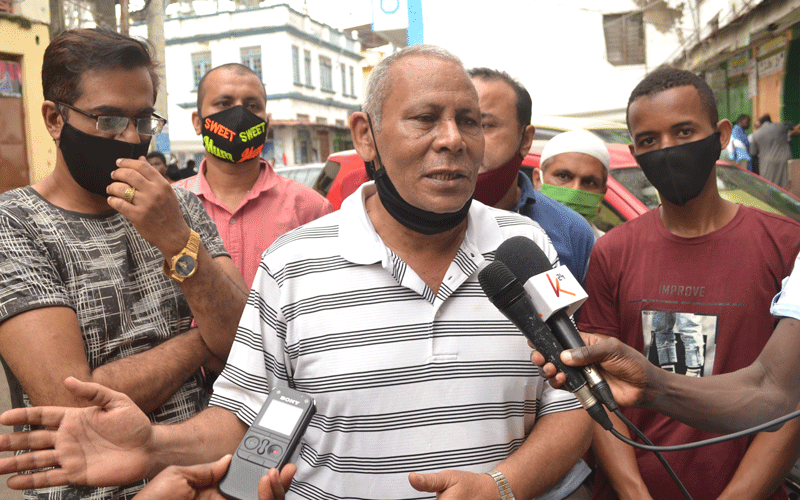
For Zubeda Faisal, 43, there was never a dull moment living in Mombasa’s Old Town.
Its tapered streets and ancient architecture provided a reflection of the blend of Arab, Portuguese, Asian and British cultures that complete its tapestry.
The cool breeze from the Indian Ocean and the ever aromatic street food like viazi karai (deep fried potatoes dipped in flour mixture and yellow food colour) displayed in almost every corner provided the perfect place to call home.
An aerial view of the derelict buildings including Fort Jesus with fascinating battlements and wide collection of ceramics and pottery spiced up the Swahili life synonymous with the residents.
However, since the government imposed a partial lockdown almost a month ago to curb spread of Covid-19, life has drastically changed.
Zubeida hates waking up and spending the whole day in the same place.
“My freedom of movement has been curtailed; I hate corona. The government does not care how we survive being locked up,” she says.
Zubeda says cost of food has shot up, and traders allowed to bring in fresh produce have been cashing in on their situation by doubling the price.
She is among residents looking forward to have the containment measures lifted on June 6.
She says many have been forced to survive on one meal a day because of disruptions brought about by the cessation of movement in and out of the area covering 180 acres.
The May 6, 2020 move by the government disrupted almost every livelihood in the area inhabited by about 28,000 residents.
Zubeida, a mother of five, still does not believe coronavirus exists. She sees the directive as a punishment.
Her situation represents just one of many other vulnerable families who have to depend on relatives outside the containment area for food and daily upkeep. Her small foodstuff business was shut as part of the Covid-19 directives.
Her ailing husband, Faisal Mohamed, underwent surgery, but his health has deteriorated to the point he cannot work.
“My husband’s situation was worsened by the partial lockdown. He can no longer go out of Old Town to look for food for the family.
“I was forced to shut my small mandazi business following the ban on food vending,” she says.
She adds that fresh water and relief food supply promised by the government have not been forthcoming.
“Since after the cessation of movement in and out of Old Town was extended, all donors including Mombasa county government abandoned us, we don’t see them any more,” she says.
The situation has also been compounded by frequent power outages.
Another Old Town resident, Maria Said, claims government officials have frustrated their every effort to earn a living.
“The containment measures allowed us to operate out businesses, but as the days went by, they ordered us to shut down.
“How do they expect us to survive? Where do we get food if they are not allowing shops to open?” she poses.
Maria was among residents of Ingilani area of Old Town who yesterday protested over the order to shut down shops, which have been their only source of livelihood.
Medical facilities
“They imposed a lockdown on us, we agreed, now they have ordered us not to open our shops.
“ Where do we buy food and other basic needs? We are suffering with our families and there is no help from the government,” says Maria.
Another resident, Ahmed Abdalla, says water in a 20-litre jerrycan is being sold at between Sh30 and Sh50.
“ We have suffered enough. What we are urging the president is to uplift these restrictions to us, we are suffering. No medical support, water supply is a challenge and now they ordered all shops to shut down yet this is the only livelihood for many here at Old Town,” says Abdalla.
Rashid Ahmed a village elder at Ingilani, says on Wednesday, police asked shop owners to shut them down and residents to stay indoors.
“There are no new infections here; all those who were positive were taken to medical facilities. What we are asking the government is now to remove the restrictions,” says Ahmed.
